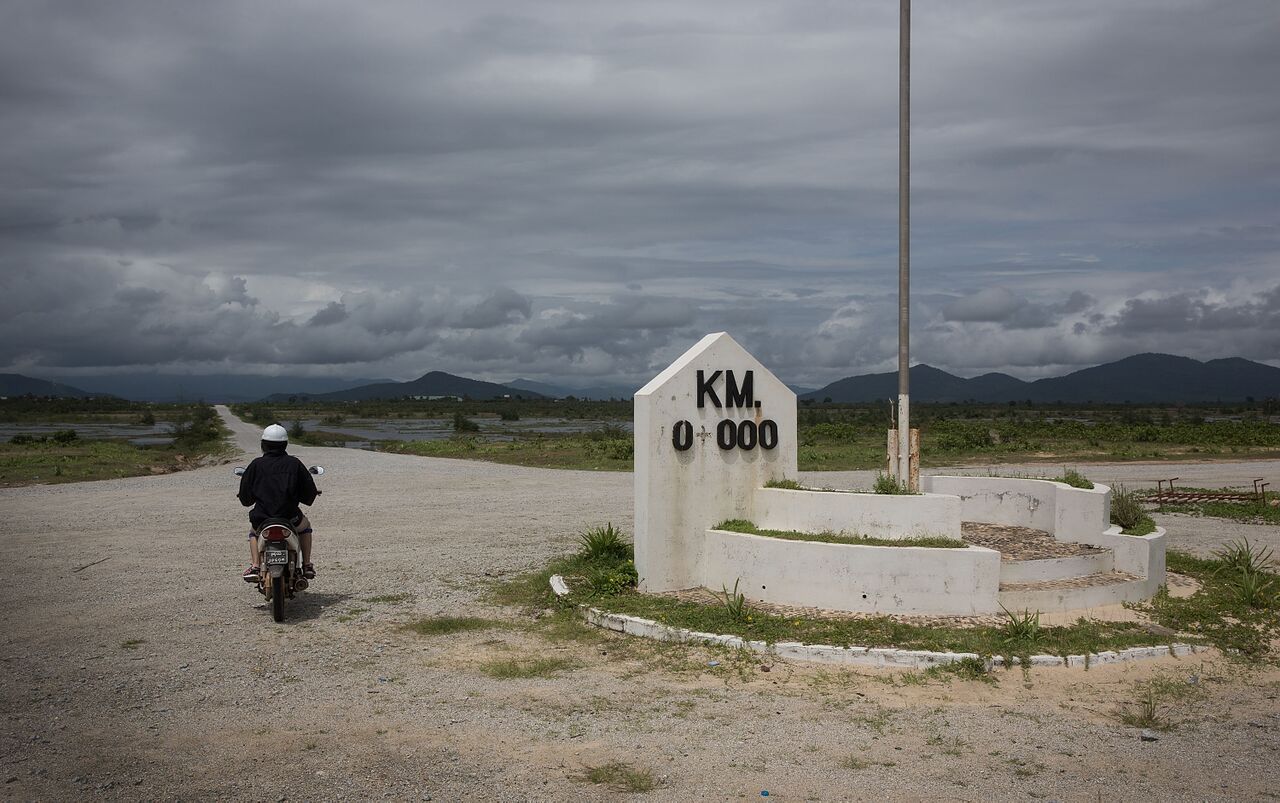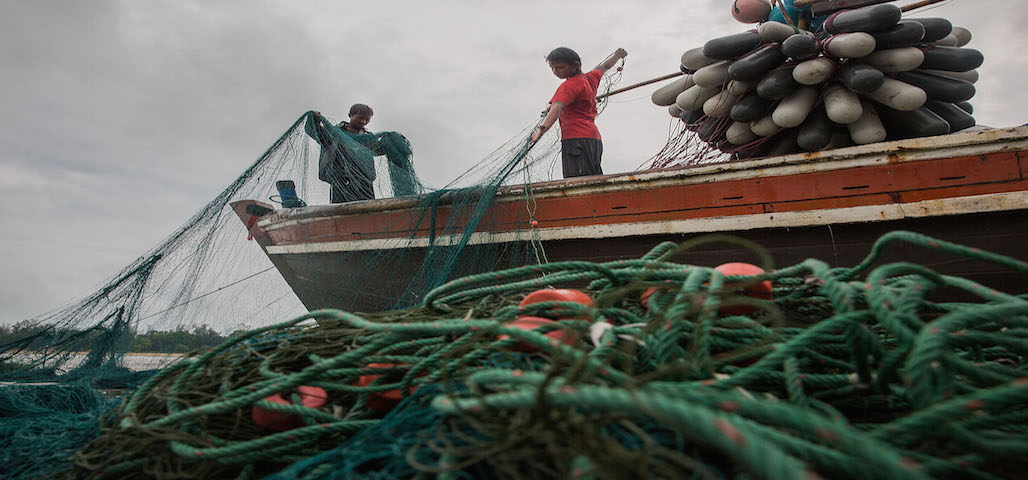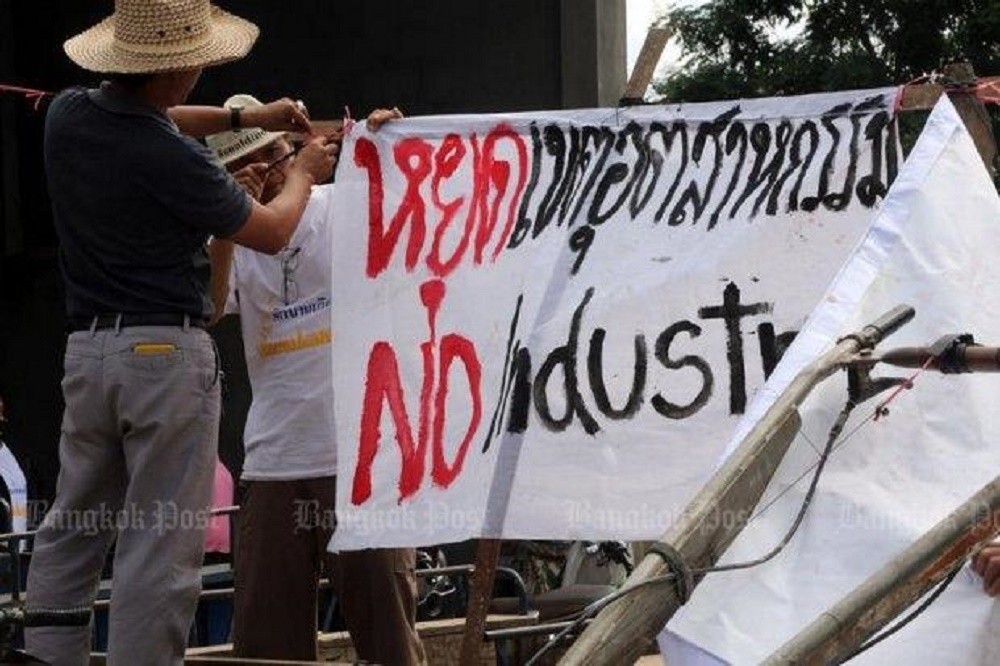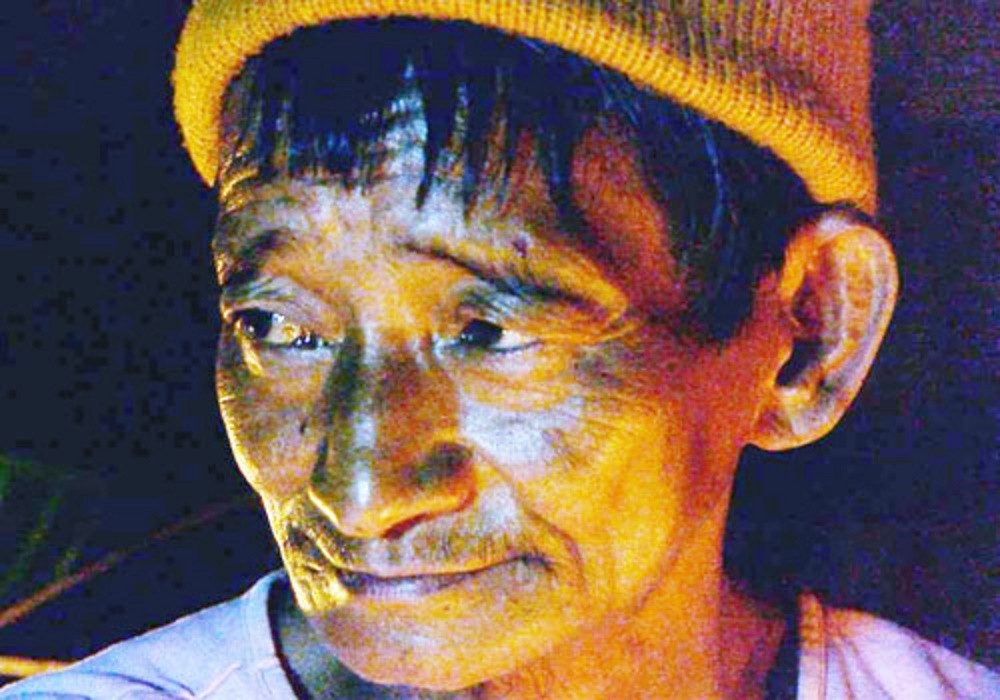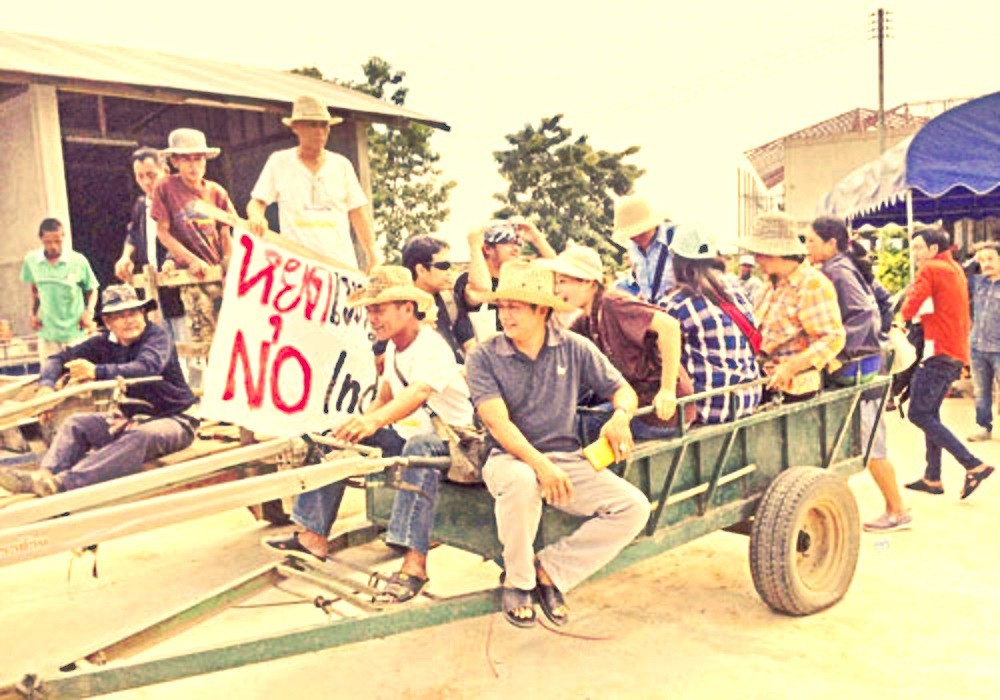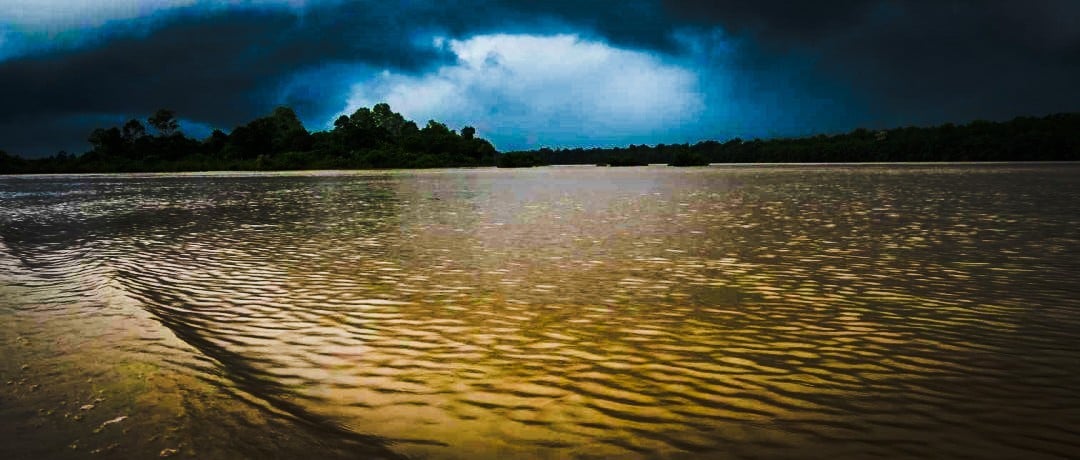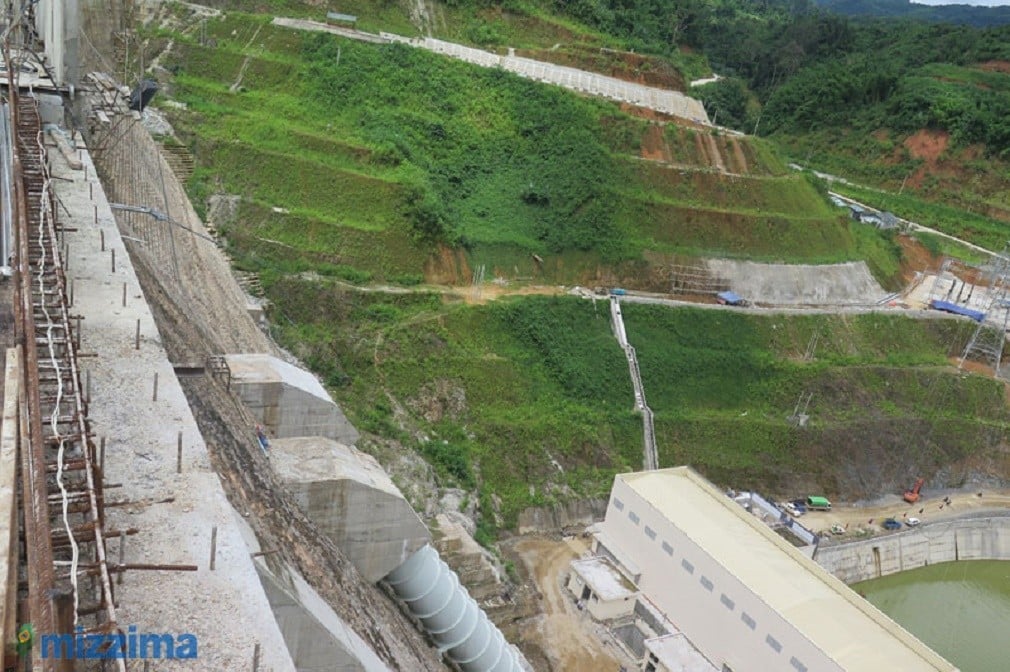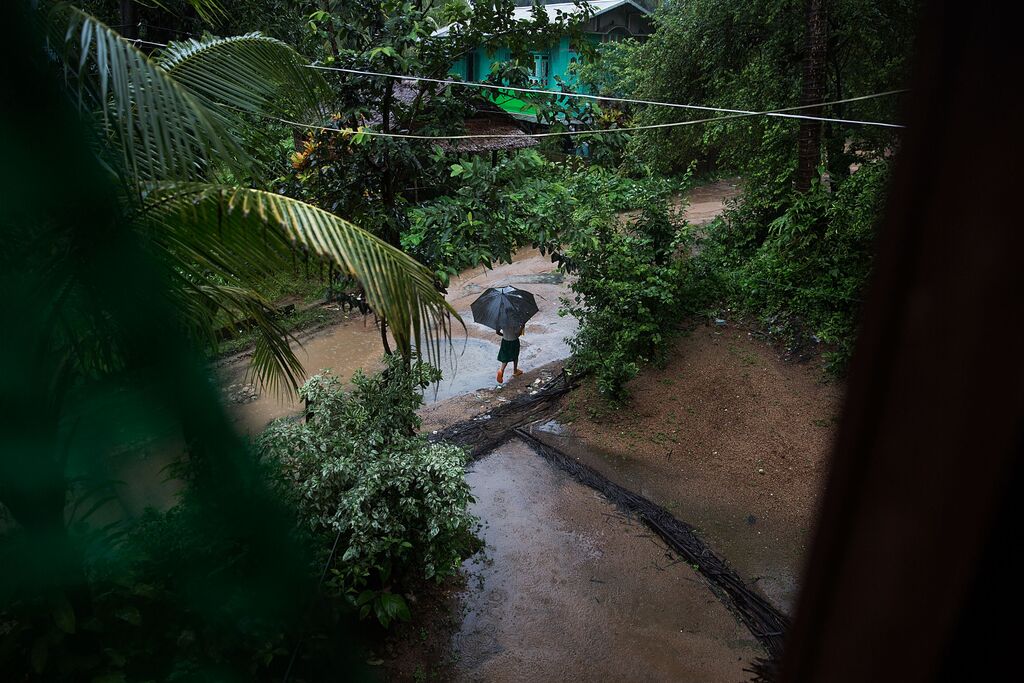“We just want to stop the project” said U Zaya Kyaw, a member of Taungote community network. A Vietname based company named Myanmar SIMCO Song Da Limited Joint Stock Company (MYSICO) get the license for 25 years of Marble Tile production in Nay Pu Taung (Nay Py Mountain), which is situated in Taungote Townshiop, Rakhine, Myanmar. “According to the contract, they will employ 240 local workers, but they only hire 10 local people so far (with contract). The whole project operation is not transparent and accountable. It will spoil our environment and we don’t have much benefit from it.” U Zaya Kyaw continued. “The investment is 18.17 mn, but they didn’t say anything about EIA or SIA to us.” U Soe Win, another member of the community network said.
Category: Myanmar
Myitsone Dam, Kachin Conflict under Spotlight in New Film
A new documentary film premiering in Rangoon this weekend offers a view into the social upheaval and dislocation caused by the Myitsone Dam project in Kachin State.
Produced over four years, including months embedded in the now largely abandoned Tang Hpre village in the dam’s catchment area, Dams, Drugs and Democracy charts community opposition to the dam before and after President Thein Sein announced the controversial megaproject’s suspension in 2011.
Minister says Dawei SEZ ‘like renovating some parts of an old house in order to prevent it from collapsing’
The Dawei Special Economic Zone has been championed by both the Myanmar and Thai governments as a promising industrial development for Myanmar, yet there have been difficulties getting the project off the ground.
According to the agreement, the initial phase of the project must be carried out on the 7-square-kilometre land allotted for the special zone, and 65 percent of construction must be completed within three years from the signing date. In the meantime, Italian-Thai Development has been building infrastructure such as roads, bridges, water supplies and buildings.
As Dawei “initial phase” 65% complete, locals left in the dark
The Dawei Special Economic Zone (DSEZ) is a major industrial project and deep sea port now at an initial phase of construction located in Taninthayri Region, Myanmar. The original plan, led by the Thai construction company Ital-Thai since 2008, was for a US$ 50 billion project that entailed a 250 kilometer square industrial zone. However, by 2012 the project was in deep trouble as it failed to attract investment and was challenged by civil society groups concerned about impact on local livelihoods and the environment, as well as the overall decision-making process around the project.
Border trade plans leave locals in flux
Farmland at this time of the year — the beginning of harvesting season — was once filled with produce waiting to be harvested.
But since the government announced the Special Economic Zone (SEZ) in Tak earlier this year, Mr Sombat said farmers such as himself have been afraid to invest in farming as they have no idea if they will have to leave their land.
Dams, Drugs and Democracy’s message resonates with packed audiences
In its first weekend of public screenings, the documentary Dams, Drugs and Democracy The Struggle for Resources in Kachin State, Myanmar has enjoyed full houses and surging interest in the controversy it presents – the Myitsone Dam project at the head of the Ayeyarwady River.
Migrant workers fear impact of Mae Sot economic zone
The development by the Thai government of a special economic zone at Mae Sot, which is intended to improve trade and communications between Thailand and Myanmar, could have devastating consequences for local inhabitants.
Why the Mekong River Commission May Be In Peril
The fallout from the Great Fall in financial markets, equities and currencies is ricocheting through the regional economy and beginning to exact a toll – initially among badly-run companies and poorly-managed government institutions.
New report highlights ‘devastating human cost’ of Upper Paunglaung Dam project
A report released on October 5 details human rights violations committed by the Myanmar government in the development of the Upper Paunglaung Dam project in southwest Shan State.
Physicians for Human Rights (PHR), Land in Our Hands (LIOH) and Kayan New Generation Youth (KNGY) jointly published the report which found that households were subject to forced displacement by the government, experienced an increase in poverty and reported food security issues, water shortages, mental health issues and suicides.
Myanmar-Thailand road cuts through last wilderness
Across the open door of the immigration office, a black dog sleeps, his ears twitching. It is a slow day at the border, under the tropical afternoon sun.



